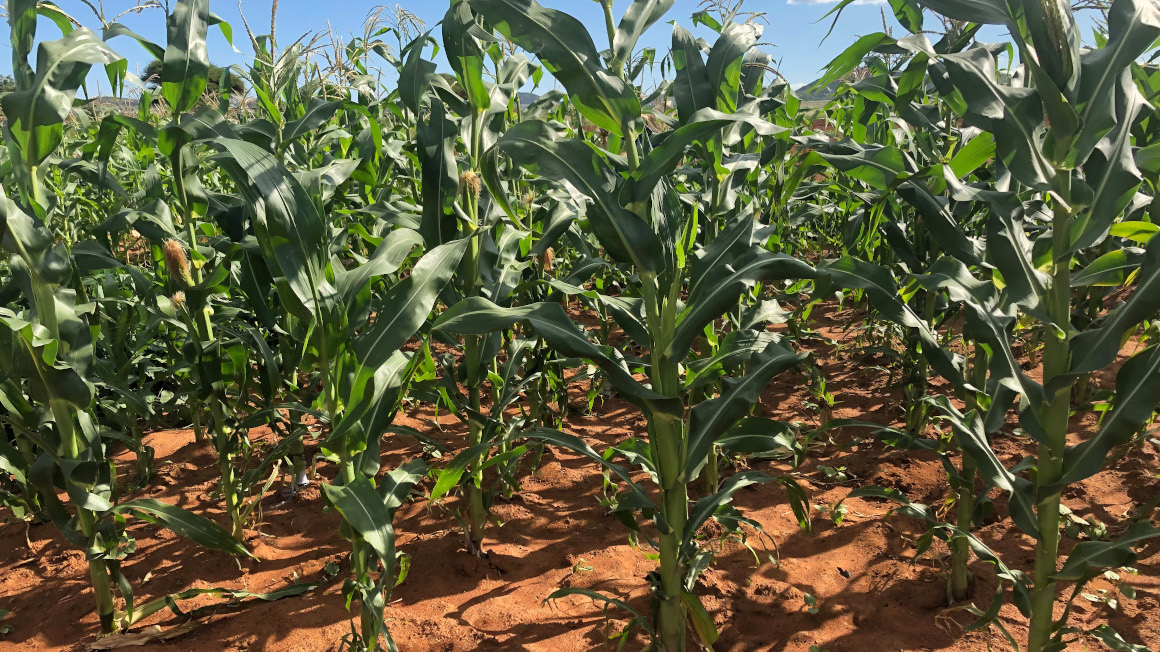Study: Redistributed nitrogen consumption increases global food security
An optimal redistribution of global nitrogen quantities in fertilisation would also ensure food security and sustainability in countries of the Global South. This is the conclusion of an international study involving researchers from Göttingen.

Alongside water, nitrogen as a fertiliser is a key factor in determining plant yields and therefore people's food security. However, nitrogen consumption in agriculture is very unevenly distributed worldwide: Rich countries tend to use too much nitrogen fertiliser, which pollutes water bodies and reduces biodiversity. In the Global South, on the other hand, there is a lack of nitrogen for sufficient harvests. The imbalance in global nitrogen distribution was the focus of an international study involving the University of Göttingen.
Global nitrogen consumption in grain production
As part of the study, the researchers investigated how an optimal redistribution of nitrogen quantities could affect the production of maize, rice and wheat between countries and subnational regions. For this purpose, simulation results of plant growth models were created. Additionally, the nitrogen consumption for cereal production was modelled for both lower and sustainable fertilisation variants. Finally, the amount of nitrogen that would be sufficient to maintain current production levels was calculated.
Increasing food security and sustainability
The result: optimising the redistribution of current nitrogen consumption would improve food security and sustainability worldwide. "If today's global nitrogen consumption were optimally distributed, countries suffering from significant food insecurity would consume eight times more nitrogen and produce 110% more food," explains Reimund Rötter, Head of the Department of Tropical Crop Production and Agricultural System Modelling at the University of Göttingen.
As the team writes in the scientific journal "PNAS Nexus", global plant production could be increased by 12%, while maize, rice and wheat production could be maintained with only between 53% and 68% of today's nitrogen levels. If, on the other hand, global nitrogen consumption were to comply with the "planetary boundaries" defined as sustainable and thus be reduced to between 33% and 43%, global food production would be reduced by between 7% and 16%, according to the study.
Compensating for losses with changes in arable farming and nutrition
According to the researchers, however, this loss could be offset – for example by growing more nitrogen-efficient crops such as legumes, closing nutrient cycles and changing diets. "Our study shows that a redistribution of nitrogen inputs could increase food security worldwide. At the same time, it would protect the planet by reducing excessive nitrogen fertilisation in some regions," says Rötter.
bb


